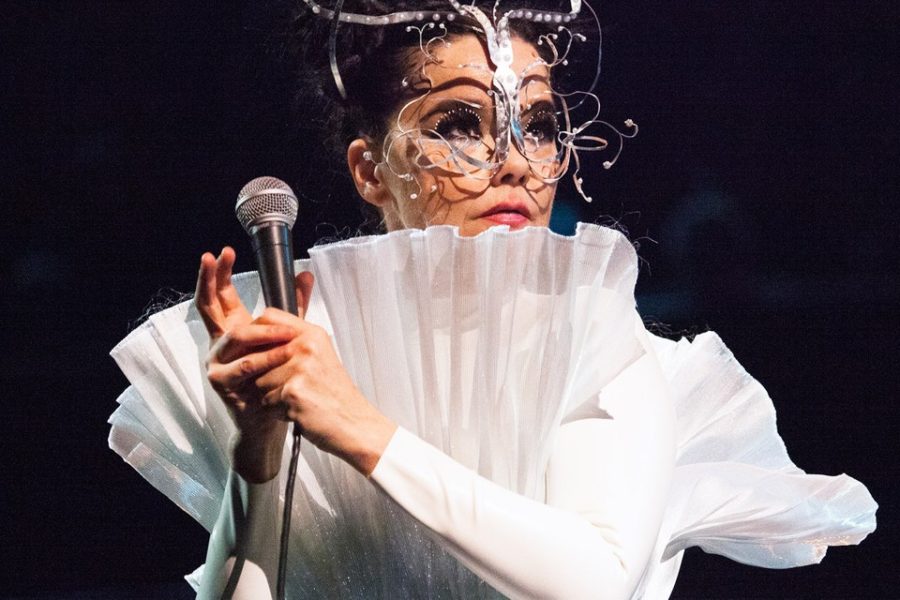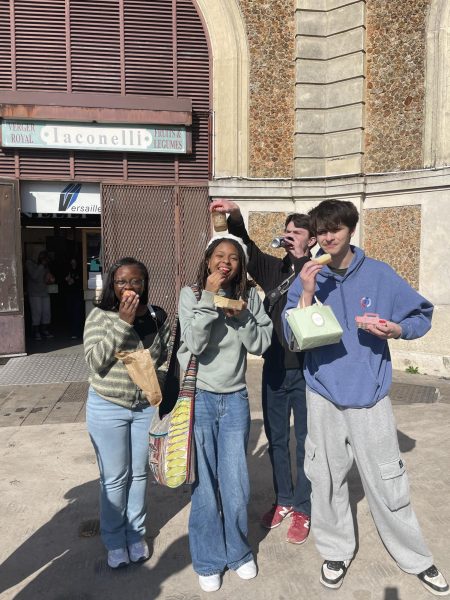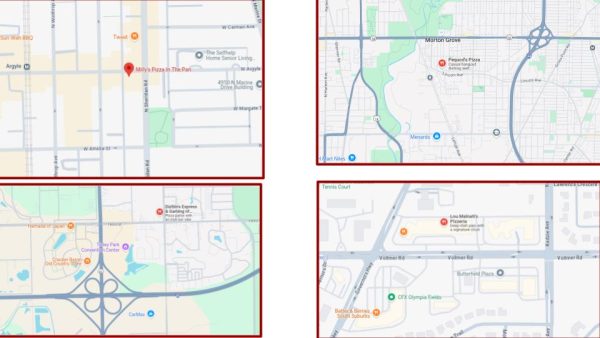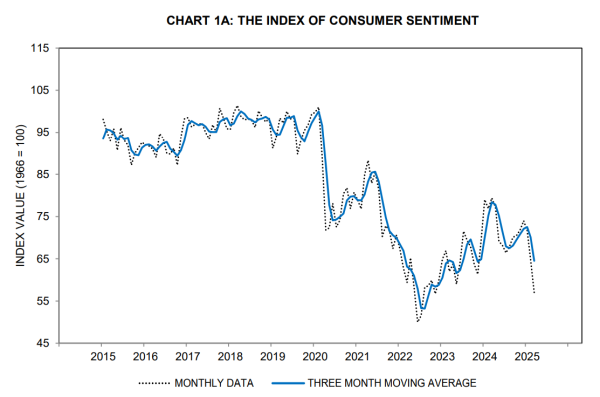Björks leap into blissful solitude
It’s been five years since Björk has released an album. Five years doesn’t seem like much but think about all the changes in the world since 2017.
It feels like we are more anxious and paranoid than ever before, and Björk’s new album “Fossora” seems to reflect the experience of the modern era but in a more positive light.
If I had to describe the album in one phrase, I would say “optimistic chaos”. It’s Björk hanging on to a thread as the world crumbles, hoping that we can embrace positivity and acceptance rather than live in a state of hate and fear.
It’s very fitting that the album was recorded in her hometown of Iceland during the COVID-19 lockdowns and centers around the concepts of isolation, death and love. But it’s surely not a somber listen. Björk’s music has always captured a sense of rejoicing and kindling of the human spirit. Fossora takes this optimistic catharsis and translates it to art-pop, creating one of the best albums of the year. Fossora is a stellar approach to avant-garde pop music.
Many will find themselves confused and perplexed at the oddness of the tracks. Especially considering Björk’s origins as a relatively popular dance-pop artist (with a bit of world and jazz thrown in). However, this notion is flawed as Björk has been experimenting with different sounds and styles for her entire career. Just go back and listen to her debut record and you can hear the merging of music genres, especially considering the time in which that album came out. Fossora feels like a new step for her, an evolution of Björk unheard of up to this point, and frankly, I’m incredibly satisfied and excited that this is what we got.
When asked about the meaning behind the album in an interview with Pitchfork, Björk said,
“Fossora is underground in the body – it’s like lying in the soil and letting the body and the flesh vibrate through you. It is a very happy album”
Describing an album as underground seems like an odd choice but the sounds on the record are very much reminiscent of wacky forest music.
I love the usage of woodwind instruments in cohesion with electronic drum sets – similar to how her 2001 album Vespertine combined orchestra strings with hip-hop-inspired beats. But her vocal performance on the album is perhaps the most detached from her previous works. She strays away from pretty, melodic vocals for something much more emotionally driven and borderline experimental. For example, the track Sorrowful Soil is an avant-garde acapella ballad with melodies that seem all over the place and even a bit messy (not at all in a negative way).
Although not all the tracks are like this. My favorite song, “Ancestress” is fairly simplistic but deeply moving and beautiful. The lyrics describe, in chronological order, Björk‘s relationship with her mother and the pain of watching her suffer in the hospital during her final days. The echoey bells ring through the production, overtop a booming bassline and loud, beautiful strings. As cliché as it is to say, it really sounds out of this world, treading the line between orchestral and electronica.
On the other side of the spectrum would be the song “Victimhood”. A dark, overwhelming song about needing to transcend out of darkness and periods of sacrifice for something more uplifting. The transition into this song feels very abrupt and while this could be intentional, it doesn’t work for me, it feels like a B-side included to stretch the length of the album rather than a necessary piece.
And while this was my least favorite song off the record, I can still appreciate the technical proficiency, specifically with the glitchy drums and layers of clarinets. The blanket of darkness is then lifted with the following track “Allow” with its joyful flutes and layered vocals about growth and being connected with the universe; it’s very spiritual, not to mention, quite catchy.
All the melodies on Fossora are addictive earworms, albeit very peculiar sounding. It sticks with you in a way that’s very hard to describe and it honestly took me a couple of listens before the songs really manifested themselves in my head. Ever since her debut record, Björk does a fantastic job writing intricate but very listenable melodies and while Fossora is more challenging, I still found the album to be very fun.
The entire concept of the album can be whittled down to light vs dark and good vs evil. It’s Björk trying to stay connected with the earth and with herself as the world undergoes hysteria and paranoia, following COVID. It’s about moving on from grief and embracing love.






